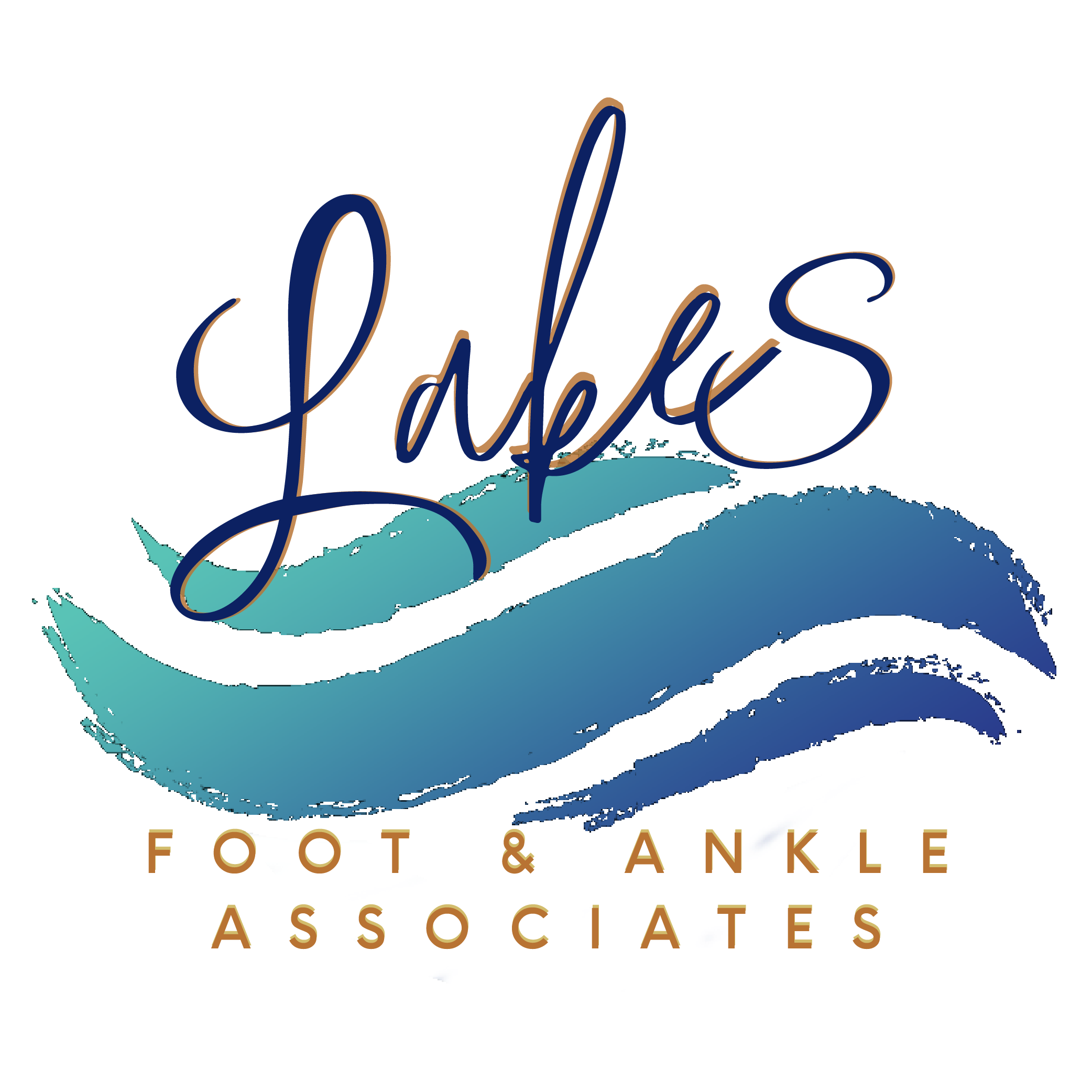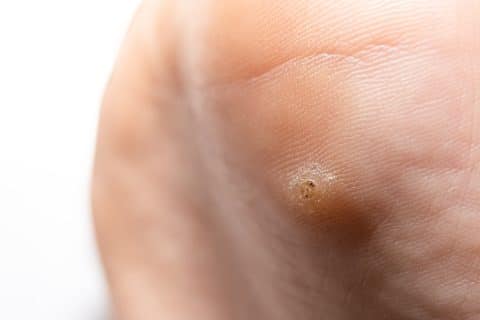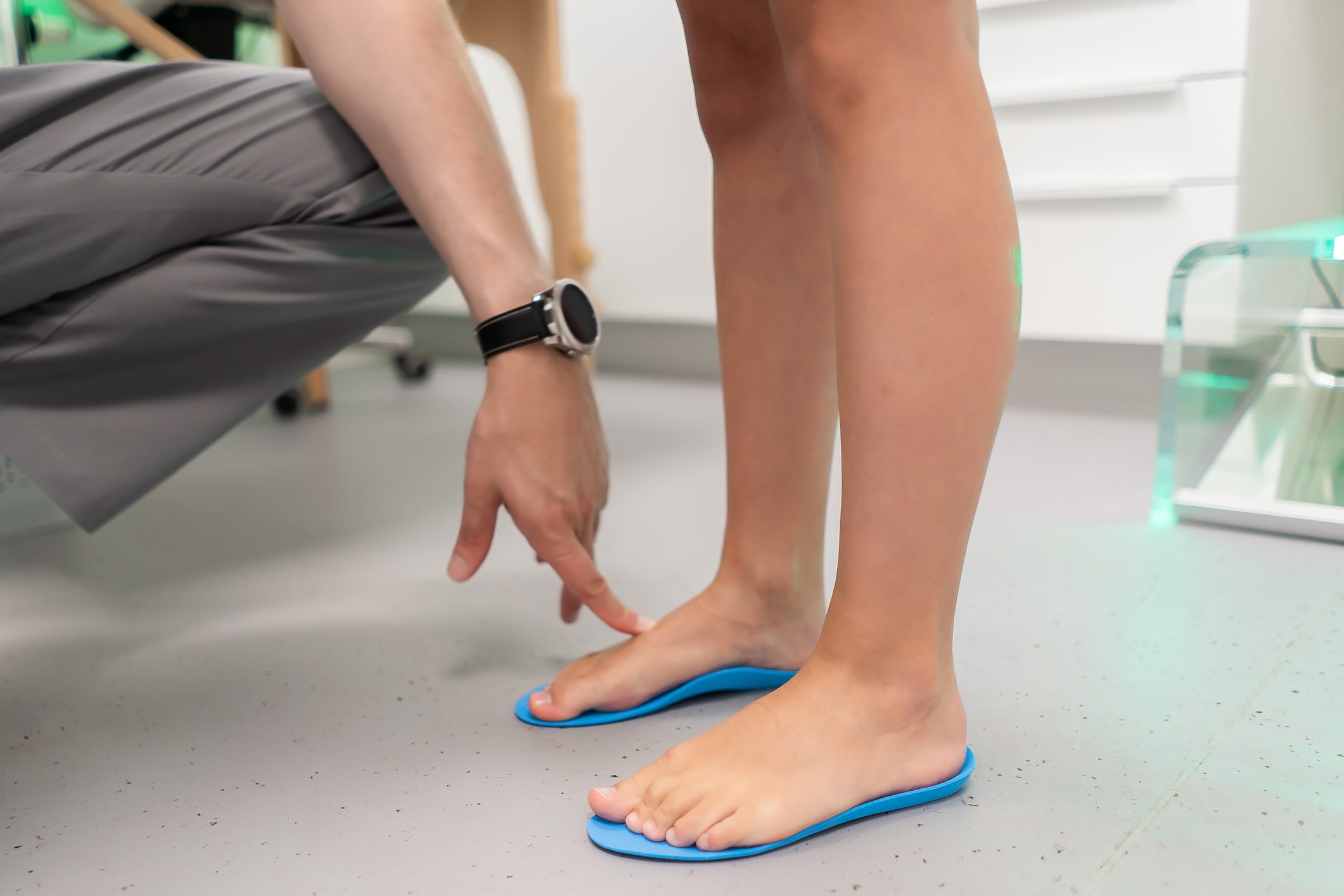Warts, by nature, are not something any of us want on our bodies. They’re usually harmless in terms of our longevity and overall health, but depending on where they develop, they can cause a significant amount of pain and a fair share of embarrassment. That’s especially true when it comes to warts on the foot, which we call plantar warts.
Plantar warts, also known as verrucas, are very common, affecting an estimated 10% of people worldwide. While they’re more common in children, people with compromised immune systems, and the elderly, anyone can get them. But despite their prevalence, they’re often misunderstood, leading many people to seek ineffective remedies, unknowingly spread the infection, or live in discomfort while they wait for the warts to go away by themselves.
That’s why we’re here to answer some of your most commonly asked questions about plantar warts, including their causes, what they look like, and the most effective wart removal treatments.
What is a plantar wart?
A plantar wart is a small, raised bump on the outermost layer of your skin, which is caused by a strain of human papillomavirus, or HPV. Many people don’t think about warts being viral infections, but that’s exactly what they are. That’s why they can be so stubborn to treat.
Plantar warts are specifically those that appear on the bottom of your foot, which is where the name comes from: plantar means sole in Latin, as in the sole of a shoe. HPV warts in general can be found anywhere on the body, but are most common on the feet and hands.
What does a plantar wart look like?
Plantar warts are easily mistaken for calluses, because of their rough and tough appearance. They are characteristically round and grainy, and they interrupt the normal lines of your footprint. As the wart grows, you’ll likely also notice small dark dots clustered in the center.
So, what are the black dots on plantar warts? They’re clotted blood vessels that have grown into the wart to nourish it. Some people mistakenly think they’re the “seed” or “root” of the wart, but that’s simply not true. You can’t dig out or pull out the “core” of a wart because there isn’t one.
Are plantar warts contagious?
Yes—like any virus, the HPV that causes plantar warts is contagious. These warts can be spread to other people via direct contact. They can also spread to other parts of the body, like your hands. That’s why it’s important to avoid touching, scratching, or picking at warts. If you do touch them, make sure to wash your hands thoroughly with warm water and soap.
To prevent the spread of plantar warts, both to other people and to other parts of your own body, follow these guidelines:
- Wash any items that touch your feet, such as socks and towels, after one use
- Thoroughly disinfect any foot care products such as pumice stones, buffers, nail clippers, or other pedicure tools after each use
- Do not go to a salon or spa for a pedicure
- Cover warts with waterproof bandaids if you go swimming
- Avoid sharing shoes or socks with anyone else
- Wear flip-flops in any communal spaces like locker rooms
How do you get a plantar wart?
Warts are spread by direct contact with the virus. Most people who get plantar warts aren’t directly touching each others’ feet, though—the most common way people get infected is by walking barefoot in warm, moist areas like gym showers, public swimming pools, and locker rooms.
Even small cuts and scrapes on the bottoms of your feet are enough of an opening for the virus to enter. So, to prevent plantar warts, make sure to always wear flip-flops in public areas and never share shoes or socks with someone else—even family members!
Do plantar warts hurt?
Plantar warts certainly can hurt, especially if they develop in high-pressure, high-friction areas such as the balls of your feet or between your toes. Left untreated, the pain can interfere with the way you walk, leading to a host of other alignment issues.
What is the best way to get rid of plantar warts?
Modern science has given us a highly effective, safe, and fast solution in the form of Swift wart treatment. Swift is a microwave therapy for warts that takes a different approach than traditional wart removal methods. It involves no harm to your skin, no surgeries, and no downtime. And it can have three times the success rate of other methods like freezing and salicylic acid peels.
How does Swift wart treatment work?
Swift works by getting your immune system’s attention and focusing it on the plantar wart. Because plantar warts only infect the top layer of skin, your body’s immune system takes a while to notice them. It can take anywhere from months to years for your immune system to get to work attacking warts, giving them plenty of time to spread and worsen.
Swift therapy sends a 2-3 second pulse of microwave energy into the treatment area that heats up water molecules in your skin. While this doesn’t harm you, it will alert your immune system, helping it find and lock onto the virus. Most patients only need 3 treatments spread apart a few weeks to a month to see long-lasting results. In the meantime, there’s no bandaging, dressing, or aftercare to worry about. You can continue on with life as usual until you’re wart-free!
Get Rid of Plantar Warts for Good with Help from a Trusted Podiatrist
At Lakes Foot & Ankle Associates, we’re always on the leading edge of medical technologies that will optimize our patients’ healing. Swift wart therapy is the most powerful and convenient wart removal treatment available today. Skip the ineffective over-the-counter kits and get rid of the problem for good with help from your podiatrist today!
Swift microwave wart removal therapy in Commerce Township, MI
Before your plantar warts get worse or spread to other members of your family, take charge with help from Lakes Foot & Ankle Associates. Our comprehensive circle of care philosophy means we’re there for you throughout every phase of your healing journey. Whether you’re dealing with minor warts, intense foot pain, or complications from a past injury, we have a solution to get you back on your feet. Give us a call at (248) 360-3888 or contact us online to request your appointment today!
It’s Time To Leave Foot & Ankle Pain Behind!
| Monday | 8:30am – 5:00pm |
| Tuesday | 9:00am – 5:00pm |
| Wednesday | 8:30am – 5:00pm |
| Thursday | 9:00am – 6:00pm |
| Friday | 7:30 am – 4:00pm |
| Saturday | – Closed – |
| Sunday | – Closed – |



